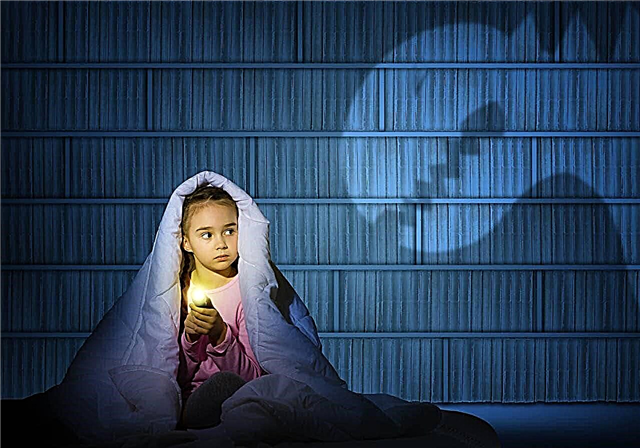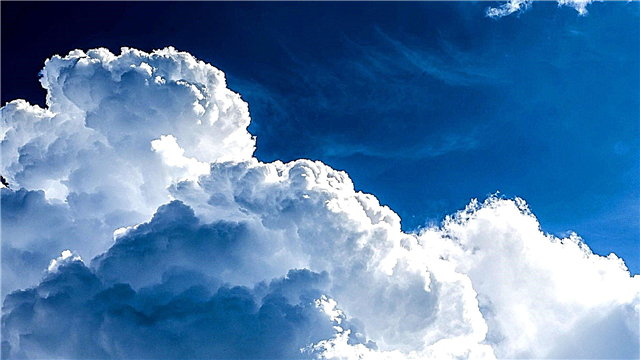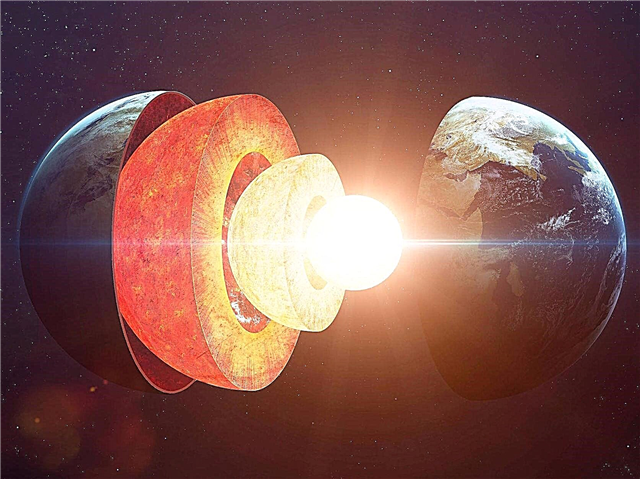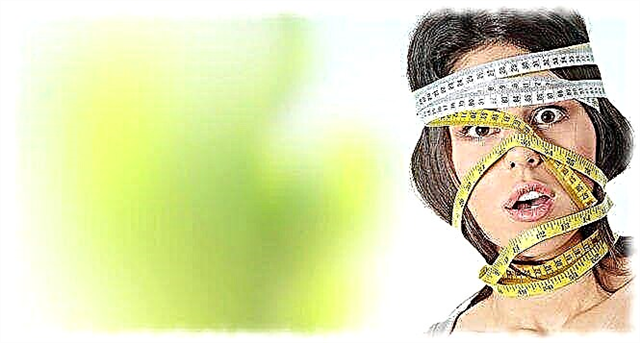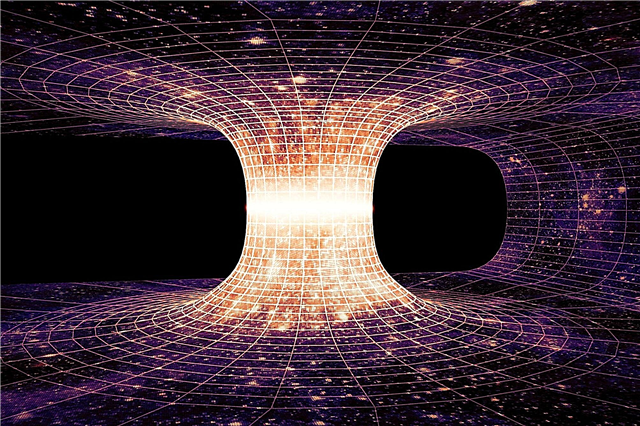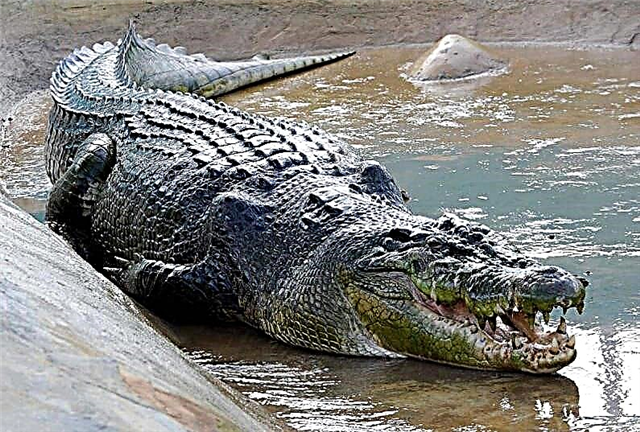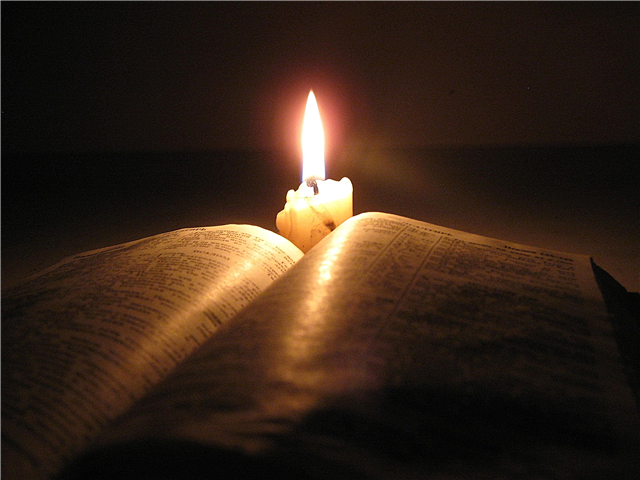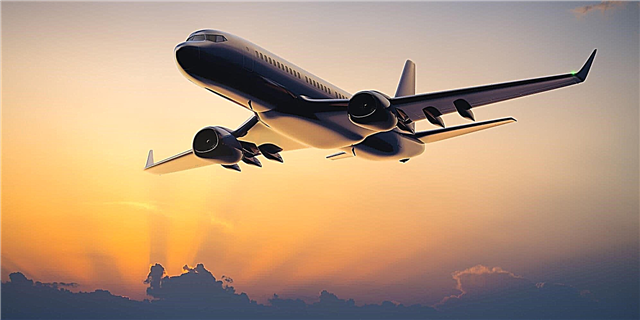
The expression “honor I have” is a very popular phrase that is common in the army. There is a legend about its origin, as well as real interesting facts.
Legend of the origin of tradition
The tradition of saluting, according to legend, appeared completely by accident. The Queen of England received a report from Francis Drake, a corsair who served in the service of Her Majesty.
After studying the report, the queen was very surprised that the ordinary sailor was able to achieve amazing successes and did not even have an officer rank. She decided to personally visit the Drake ship.

When Her Majesty boarded, Francis covered his eyes from the blinding sun and justified himself before the queen - she is so beautiful and shines like the sun. The corsair’s team repeated this gesture after their captain, which greatly surprised the royal woman. The Queen knighted Drake, and he became a true hero for the British.
Interesting fact: Russian officer, participant in the First World War and the Russo-Japanese War, Valentin Kulchitsky, created a set of rules called “Tips for a Young Officer”. This is a code of honor for a Russian officer who was distributed in the military.
The correct meaning of the phrase.
Often the expression “I have the honor” is interpreted incorrectly and perceived as praising myself and my significance. The meaning of the expression is completely opposite to this opinion.
The “ancestor” of this phrase is the English “I have the honor of ...”.Foreign expression implies respect for the interlocutor. In the modern world, “honor I have” implies that the officer has this very honor, which is not entirely true. In fact, saying “I have the honor”, it is necessary to imply showing respect and reverence for the interlocutor.

In Russia, this expression gained popularity in the 18-19 centuries. Russian officers used the phrase not only in the service, but also in communication with civilians. In the modern army, this expression is still used, but with a different meaning. “Honor I have” is a respect for the interlocutor, and not a warning to others that you have this honor.
Interesting fact: in the modern army of Russia, the expression “I have the honor” is used as a military farewell, and this is directly indicated in the combined-arms charter.
Previously, the phrase was used in combination with various actions, for example, “I have the honor to congratulate!” (bow, etc.). A famous movie picture when an officer says: “I have honor!” and, clicking on his heels, abruptly turns around and leaves - nothing more than a legend about how one officer offended another and left in this way.

